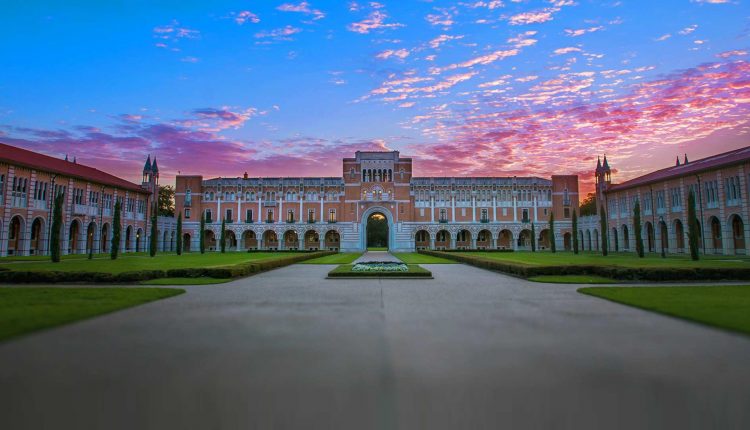Rice University: Grant backs effort to build useful bacterial colonies
Rice synthetic biologist Matthew Bennett and his colleagues have won a four-year, $1.2 million National Institutes of Health grant to advance the art and science of creating custom-designed microbial colonies.
The award to principal investigators Bennett and Krešimir Josić, a professor of mathematics at the University of Houston, and co-principal investigator Oleg Igoshin, a professor of bioengineering and biosciences at Rice, will enable the development of technologies like synthetic “tissues” that enhance soils or gut microbiomes, or self-healing coatings that continuously synthesize protective molecules.
The grant administered by the National Institute of General Medical Sciences will help them combine applied mathematics, biophysics, computational modeling and experimental synthetic biology to improve their control of microbial colonies that form complex multicellular structures.
“This is an extension of a study to make asymmetric cellular differentiation happen in bacteria,” said Bennett, a professor of biosciences and of bioengineering. “That’s a property of stem cells, which give birth to new cells of a different type, like skin or pancreatic cells.”
He said the lab will refine its efforts to not just differentiate but also control the frequency of differentiation over space and time in bacterial colonies, a process akin to tissue homeostasis in multicellular organisms. “Homeostasis is the reason your liver stays your liver, and the cells within it don’t turn into kidney cells,” Bennett said.
Understanding dynamics and pattern formation in cell populations could enable “a vast array of novel and complex multicellular synthetic organisms,” according to the researchers.
“There are a lot of theories around asymmetric differentiation, and we finally have an experimental platform to test them,” he said, but noted their mathematical models will be important predictive tools going forward.
“Modeling these sorts of systems can be challenging because everything’s changing constantly,” Bennett said. “If a cell changes its type, so do all of the rules that govern its function. That can be difficult to handle mathematically, so we’ve been exploring new theoretical techniques to deal with those situations.”
He said the models will not only help test hypotheses about development and tissue regeneration in multicellular organisms, but will also be essential to the rational design of microbial systems too complex to build through trial and error alone.

